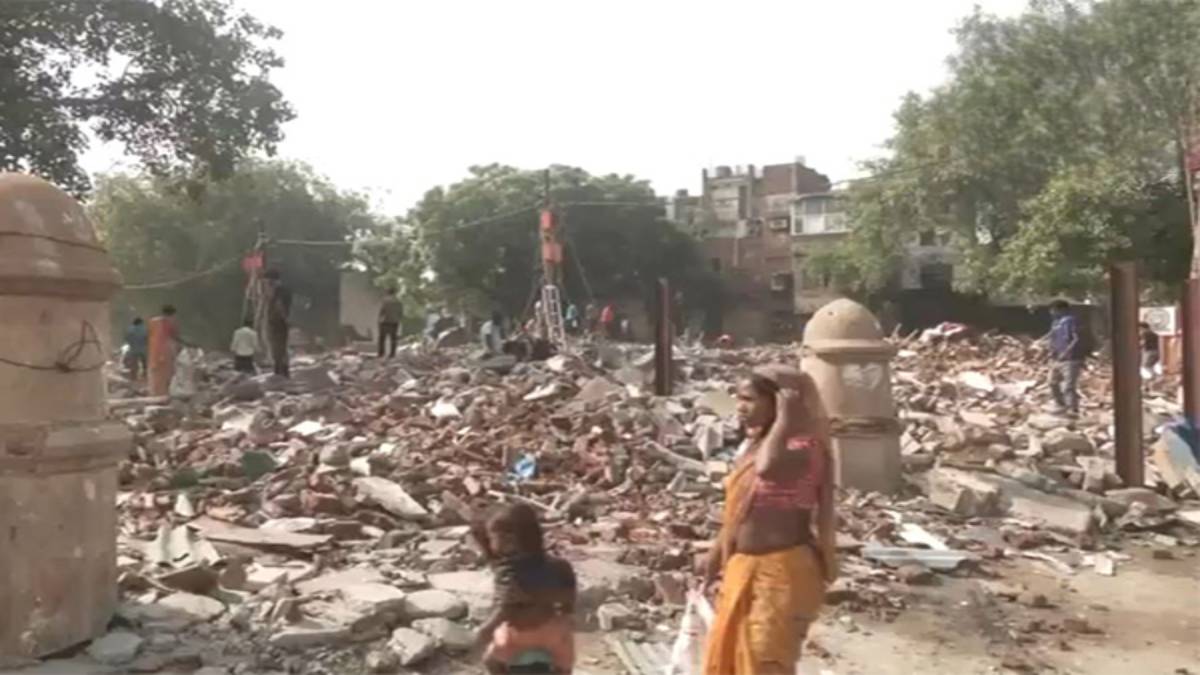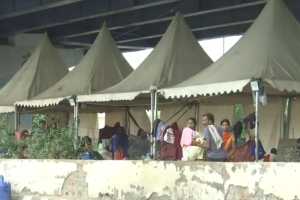Following the demolition of illegal encroachments at Madrasi Camp in Delhi’s Jangpura area, the Tamil Nadu government has stepped in to offer relief and rehabilitation to affected residents, many of whom hail from Tamil Nadu. The move comes amid rising voices from displaced individuals demanding not just relocation, but also employment opportunities in their home state.
The demolition, carried out on June 1 in accordance with a Delhi High Court order, aimed to clear encroachments along the Barapullah drain, which authorities say was contributing to severe flooding during monsoons due to obstruction of water flow.
A total of 370 illegal structures were razed. Of the affected, 189 residents were deemed eligible for resettlement and have been allotted flats in Narela, while 181 others were marked ineligible for government resettlement aid.
Anil Banka, District Magistrate of South East Delhi, said the action was mandated by the court and necessary for maintaining civic infrastructure.
“This operation is not arbitrary; it is being conducted strictly under court directives. Notices were issued in advance. The Barapullah drain had narrowed due to these encroachments, creating major flooding problems in the area,” he explained.
In response to the displacement, the Tamil Nadu government has pledged comprehensive support for residents wishing to return to their native districts. Aid will include livelihood assistance and basic amenities, facilitated through the Tamil Nadu House in New Delhi and coordinated with district collectors back home.
However, many displaced residents, like Mani, have voiced dissatisfaction with the situation, pointing to lack of job opportunities in Tamil Nadu as the core reason for their migration to Delhi in the first place.
“They should give jobs to those already in Madras before calling us back. If jobs were available in Tamil Nadu, why would we have come to Delhi?” said Mani, highlighting the deeper socio-economic challenge behind urban migration.
The incident has sparked debate around urban displacement, rehabilitation policy, and the need for sustainable employment solutions in home states to prevent such vulnerabilities.
The Tamil Nadu government’s immediate relief effort has been welcomed by many, but residents continue to stress that returning home must be paired with concrete livelihood opportunities—not just temporary aid.





